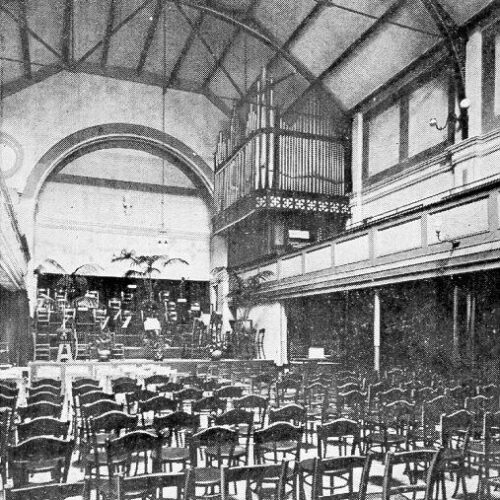

Founded in 1905 by the prolific but largely unremembered writer Richard Dimsdale Stocker, the Brighton and Hove Ethical Society – like others in the Ethical movement – sought to encourage its members ‘by natural and human means to know, love, and live the right.’ They described theirs as a ‘religion of duty,’ but one that existed entirely separately from ‘speculative beliefs or supernaturalistic theories.’
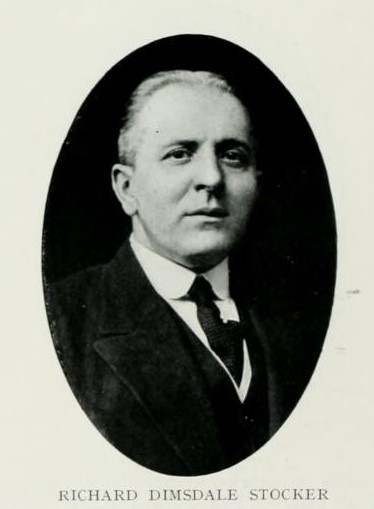
The Brighton and Hove Ethical Society was officially formed on 30 April 1905, by Richard Dimsdale Stocker and a small group of like minded friends. George Jacob Holyoake was also instrumental in encouraging members to the group, which met first in a private house, and later in a small room at the Brighton School of Music on North Street. The society held Sunday meetings throughout the year, and organised summer outings. Their Secretary, a Miss Palmer, was the daughter of a former member at South Place (now Conway Hall).
The Society’s objects were:
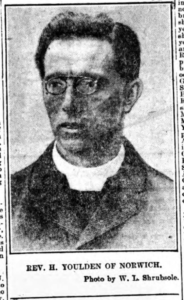
The Liverpool Ethical Society was founded in 1904, and in 1912 Liverpool became home to one of only a handful […]
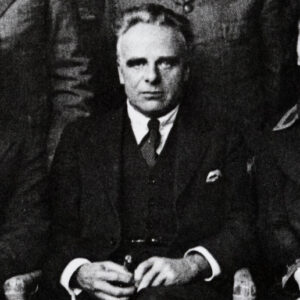
Our goal must be the good of the whole human society. Henry Noel Brailsford, Olives of Endless Age: being a […]
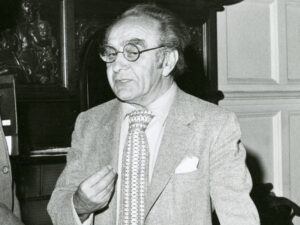
The notion that a man shall judge for himself what he is told, sifting the evidence and weighing the conclusions, […]
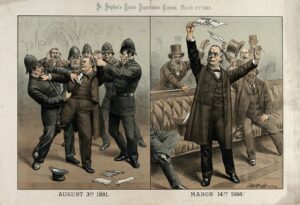
The House of Commons refused to allow his affirmation, so Bradlaugh applied to take the oath but was again refused. […]